What Mental Health Means ?
Health is Wealth ( Small Changes Big Impact )
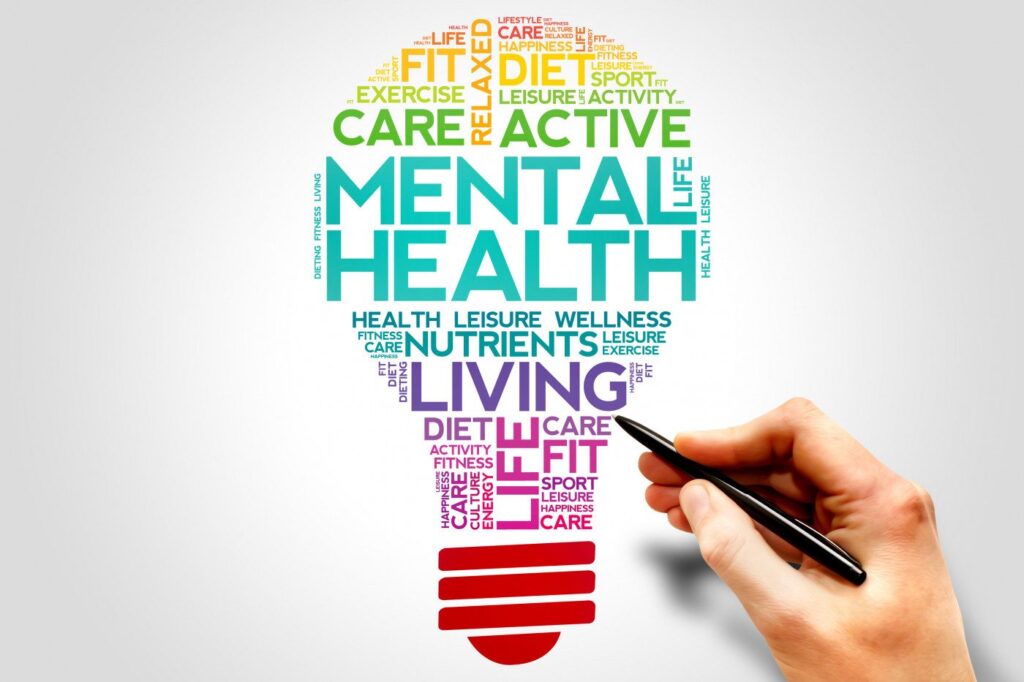
Health can be classified into two categories: physical health and mental health. Mental health must be in outstanding condition in order to maintain whole body health. What Does Good Mental Health Entail?
In layman’s terms, Mental Health is like a Mind guided by Right Thoughts, Good Nutrition – Which supports mind, Correct Inputs – Which means Pure Knowledge, Positiveness – Which means the Pious Soul, Right Environment – A Positive Belongings, Supportive Friends, People, A Good chain of habits (Healthy Goals Require’s Healthy Habits), Good Music, Books with some Real Meaning.
Mental health is the component of our body that regulates everything else. A good mental health is comparable to a A flower grows by being fed the proper amount of water. It also includes the manifestation of our emotions.
The ability to believe in the right things. Getting up early in the morning is a great way to get your day started. Reading the right things, viewing the right things and doing the right things all help our mental health. Providing it with the perfect amount of positive vibes.
The emotional, psychological and social well-being. It influences how we think, feel and act, and it has a big impact on how we deal with stress, interact with people and make decisions in our lives. Mental health like physical health is crucial for general well-being and quality of life.
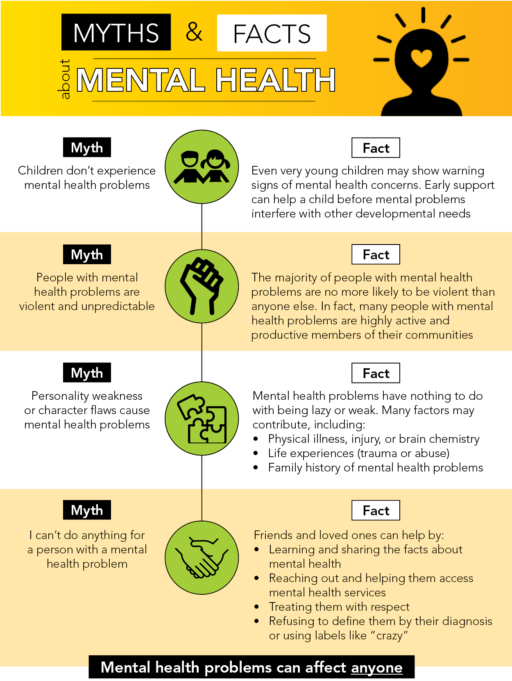
Why Mental Health Is Important ?
Good mental health allows us to cope with the challenges and stresses of life effectively, maintain healthy relationships and work productively. It involves having a positive sense of self-worth, resilience and the ability to manage emotions. When our mental health is compromised, it can impact various aspects of our lives, including our mood, behavior and cognitive function.
Some factors contributing to Good Mental Health –
Social Support

Social support is critical in fostering and sustaining healthy mental health. It refers to the assistance, support and emotional comfort given by family, friends, peers and other social connections during times of need or stress.
A robust social support system can have a variety of good consequences on mental health. Having a network of supportive contacts, constructive conversations and social ties is essential for mental health.
Physical Health

Physical activity, a healthy diet and enough sleep all contribute to good mental health. It has a significant impact on one’s mental health and well-being. Regular physical activity and physical fitness can have a variety of good impacts on mental health.
Why Mental Health is Important ?
Emotional Regulation

Mental stability requires the ability to recognise and manage emotions in a healthy manner. It is the ability to manage and respond to one’s emotions in a healthy and appropriate way. It is a necessary ability for excellent mental health and well-being. Emotional regulation entails identifying and comprehending our feelings before deciding how to express and cope with them effectively.
Resilience

Individuals who develop resilience are better able to cope with and recover from adversity in their lives. Resilience is a psychological quality as well as a collection of skills that are essential for maintaining good mental health.
It refers to a person’s ability to adapt to and recover from adversity, obstacles, and stressful events. Resilience does not imply that a person will not face difficulties or mental anguish; rather, it refers to their ability to overcome these obstacles and recover.
self-care

Self-care practises such as mindfulness and relaxation techniques help improve mental health. Maintaining healthy mental health and well-being requires self-care.
It entails making time for yourself to do things that promote physical, emotional and psychological well-being. Self-care assists in reducing stress, improving mood and developing resilience to deal with life’s problems.
Why Mental Health is Important ?
Mental health stigma might sometimes discourage people from seeking treatment. However, mental health is equally as essential as physical health and obtaining professional help from mental health specialists, therapists or counsellors can help with mental health difficulties.
Anxiety and depression are examples of frequent mental health difficulties, whereas schizophrenia and bipolar disorder are examples of more severe disorders. It is critical to recognise the symptoms of mental health problems and get appropriate help and treatment when necessary.
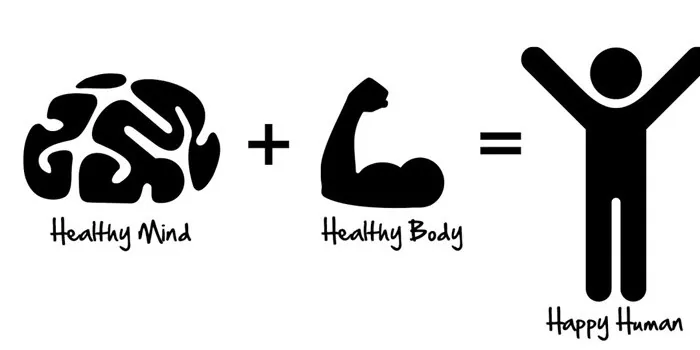
Can Mental Health affect Physical Health ?
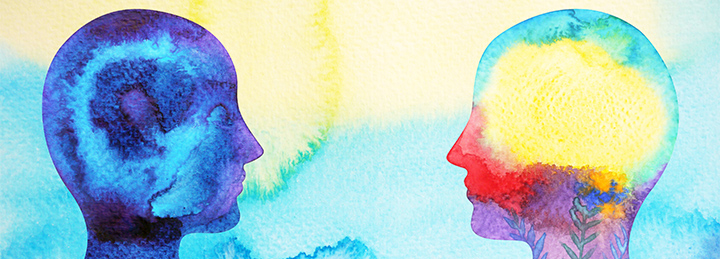
Yes, mental health can significantly affect physical health and there is a strong and well-documented connection between the two. The mind and body are intricately connected and changes in mental health can manifest physically, leading to various health issues. Some ways mental health can impact physical health include :
Stress Response

Anxiety and sadness for example – can activate the body’s stress response, resulting in an increase in stress hormones such as cortisol. Prolonged exposure to high amounts of stress hormones can be harmful to the body, weakening the immune system and increasing the risk of a variety of health problems.
Why Mental Health is Important ?
Immune System Suppression
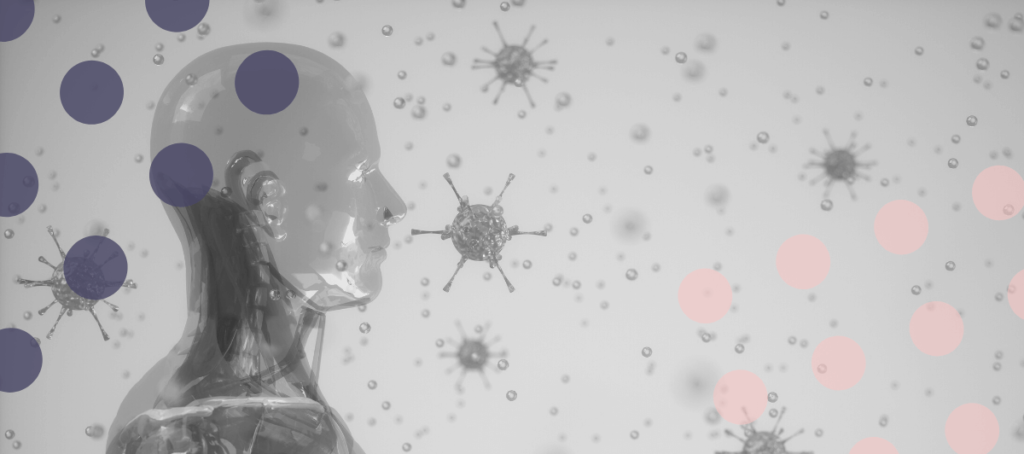
Suppression of the Immune System. Chronic stress and poor mental health can weaken the immune system, leaving people more susceptible to infections and illnesses.
Sleep Disturbances

Mental health disorders, such as insomnia or altered sleep patterns, can cause sleep disturbances. Inadequate sleep can have a severe influence on both physical and cognitive health.
Pain Perception

Pain Perception. Mental health difficulties can alter pain perception, resulting in greater sensitivity and pain severity.
Gastrointestinal Issues

Stress and anxiety can cause digestive disorders such as irritable bowel syndrome (IBS) or aggravate pre-existing gastrointestinal illnesses.
Why Mental Health is Important ?
Cardiovascular Health

Cardiovascular Health. Mental health difficulties can have an impact on heart health by raising the risk of hypertension, heart disease, and other cardiovascular issues.
Weight Changes

Weight Changes. Mental health disorders can cause changes in appetite and eating patterns, resulting in weight loss or gain.
Chronic Health conditions

Poor mental health can have a negative impact on the results and management of chronic health problems like diabetes, asthma and arthritis.
Physical inactivity and self-care

Physical inactivity. People who are dealing with mental health issues may be less motivated to engage in physical activity, which can have a negative influence on their physical health and general well-being.
Neglecting self-care practises, which are crucial for preserving physical health, may result from mental health concerns.
Why Mental Health is Important ?
Substance Abuse

Substance misuse. Mental health issues can increase the likelihood of substance misuse, which has a negative impact on physical health.
Coping Behaviours
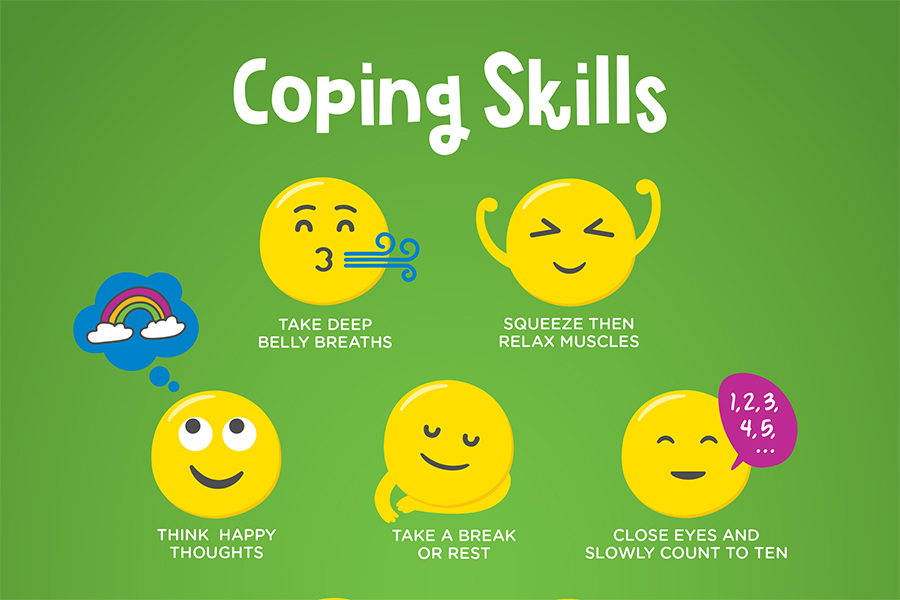
How we deal with stress and emotions might have an impact on our physical health. Some people may use unhealthy coping techniques, such as binge drinking or smoking, which can be harmful to their health.
Compliance of Medical Treatment

Medical Treatment Adherence. Mental health disorders can impair a person’s capacity to stick to medical therapy, resulting in worse outcomes for physical health conditions.
It is critical to recognise the link between mental and physical health and to approach well-being holistically. Treatment of mental health concerns can improve physical health and vice versa. Seeking expert help and support if you or someone you love is suffering from mental health issues is critical for general health and well-being.

Neuphony – Mental Health Monitor (As Seen On Shark Tank India) | Wearable EEG Headband | Wireless Interaction
- Neuphony can help you track your stress focus and many more insights & recommend meditations & music to improve them
- Volume Modulation feature in our app helps allows to practice neurofeedback to train your brain with our device at your home
- Neuphony has 8 dry sensors that captures data from 3 different brain lobes i.e temporal, parietal and frontal
- Neuphony measures alpha, beta, theta, gamma and delta waves through EEG technique.
- There are no doubts in the quality & the reliability on the data as it is used by top research institutes like CDAC, NIMHANS, IISC, IIT’s.
Why Mental Health is Important ?
Why mental Health Awareness Is Important ?
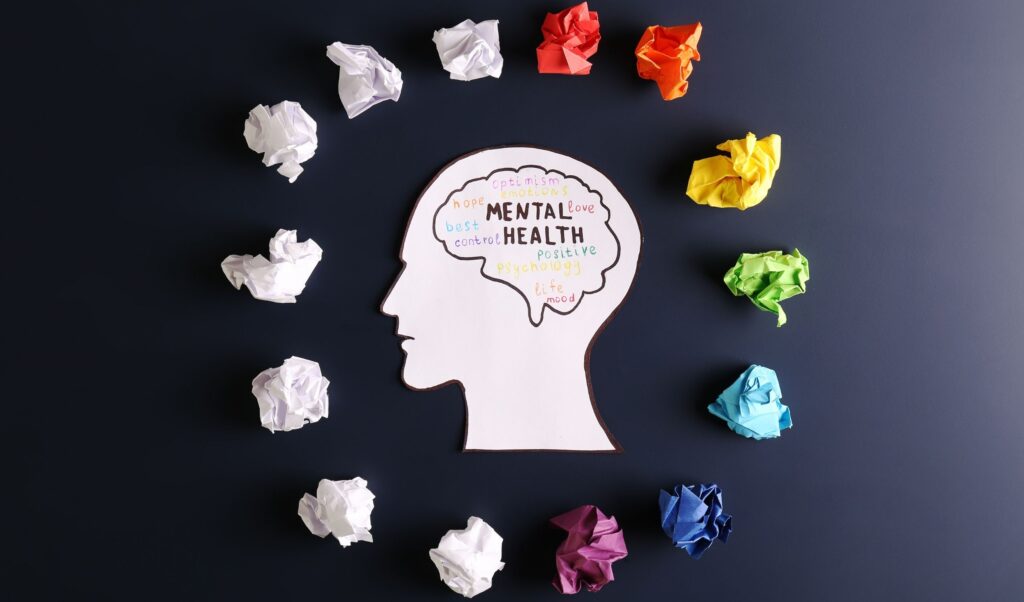
Globally, about 322.48 million individuals suffer from some type of depressive disease as of 2015 and as of 2017, more than 14 percent of the overall population in India suffers from various mental problems. In India, the majority of this share is made up of older adult females.
Mental health education is critical for people all around the world. It’s not just about emotional disturbances; it’s about people’s lives, objectives and identity all matter. Maintaining good mental health is also essential for leading a healthy lifestyle.
Mental Health is Important for Many Reasons :-

Reducing stigma

Mental health awareness aids in the fight against the stigma and discrimination that frequently surround mental health disorders. People are more willing to seek help without fear of being judged if understanding and empathy are increased.
Early Intervention

Raising awareness about mental health conditions promotes early identification and intervention. Early detection and treatment can improve outcomes and prevent diseases from deteriorating.
Improving access to resources

Improving Access to Resources. Public awareness campaigns can educate people about mental health resources, support services and treatment alternatives. This can enable people to seek appropriate help when it is required.
Why Mental Health is Important ?
Promoting Open communication

Promoting Open Communication. By encouraging mental health dialogues, we create an environment in which people feel comfortable addressing their difficulties. Because of this transparency, friends, family and communities can provide better assistance.
Preventing suicidal behaviour
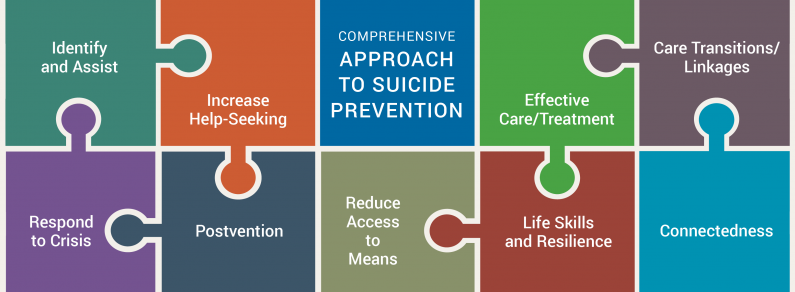
Suicide Behaviour Prevention. Raising mental health awareness can aid in identifying warning indicators of suicide thoughts or behaviours. It enables the community to take proactive efforts to assist those in crisis and to avoid suicides.
Enhance Over Well-Being

Improving Overall Well-Being. Mental health is an important component of overall well-being. By raising awareness about mental health, we emphasise the necessity of caring for our mental and emotional health in addition to our physical health.
Why Mental Health is Important ?
Boosting Productivity and Performance

Increasing Productivity and Performance. A mentally well workforce is more productive and engaged. Mental health awareness in the workplace can result in improved employee well-being and job satisfaction.
Supporting Caregivers and Families

Supporting Carers and Families. Mental health awareness extends to carers, family members and friends of persons experiencing mental health issues. These people frequently require assistance and resources in order to adequately assist their loved ones.
Preventing Negative coping mechanism

Preventing Negative Coping methods. Raising mental health awareness might minimise the risk of people using harmful coping methods such as substance misuse or self-harm. Instead, individuals can explore healthy coping mechanisms for stress and emotions.
Why Mental Health is Important ?
Advocacy and Policies Changes

Advocacy and Policy Changes. A well-informed public is more likely to lobby for better mental health policy, higher financing for mental health services and better mental health integration into healthcare systems.
Reducing Healthcare Burden

Reducing Healthcare Burden. By addressing mental health concerns early on, we may be able to lessen the burden on healthcare systems and emergency services caused by untreated mental health issues.
Overall, raising awareness of mental health is an important step towards creating a more caring and supportive community. We can create an environment where people feel comfortable seeking help, receiving support and ultimately leading happier and more satisfying lives by educating themselves and others about mental health.
Can mental Health be cured ?

Well, I believe it depends on the difficulty that a person is dealing with. Mental health problems are not often “cured” in the traditional sense, but they are frequently efficiently treated and managed.
Because these illnesses are frequently influenced by a combination of biological, psychological and environmental variables, the concept of “cure” in mental health is complex.
Many people however, can experience major improvements in their mental health and lead fulfilling lives with the correct therapies and support.
Why Mental Health is Important ?
Treatment and Management

Treatment and Management. Many mental health issues can be effectively treated and managed using a variety of treatments, including psychotherapy (talk therapy), medication, lifestyle changes and support from mental health experts and loved ones.
Recovery
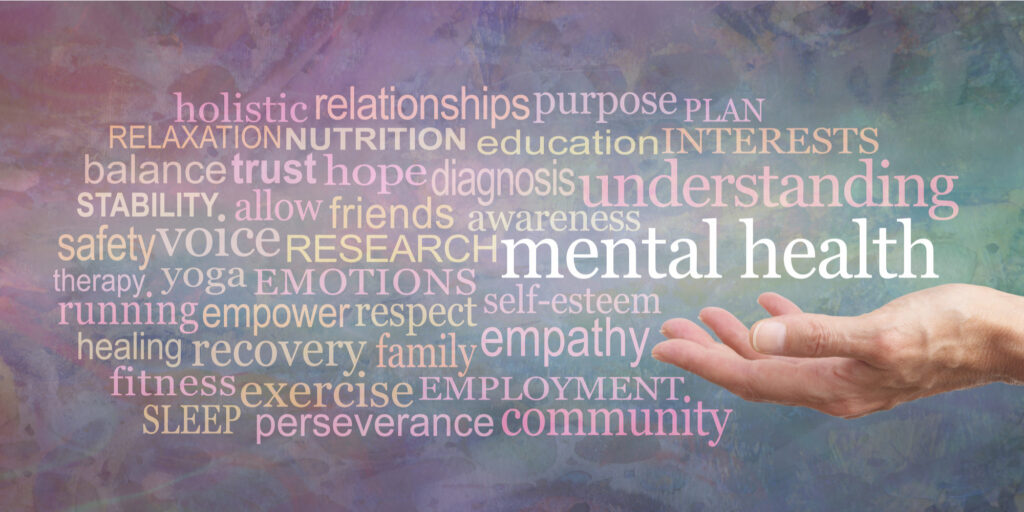
Recovery. It is possible to recover from mental health issues. Recovery is about learning to manage symptoms, increase functioning and improve general well-being rather than removing all symptoms.
Chronic Conditions
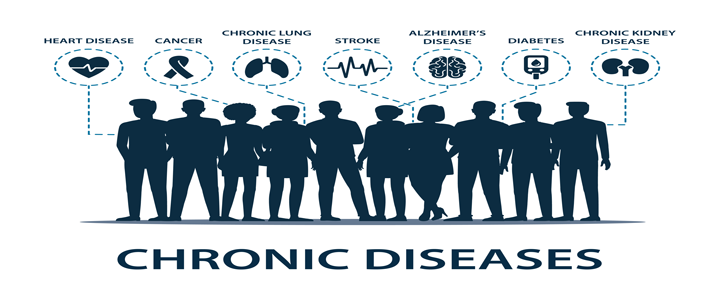
Chronic Conditions. Anxiety disorders, depression, schizophrenia and bipolar disorder are examples of chronic mental health conditions. While these diseases may necessitate continuing management, persons with them can live productive and full lives with the right support and treatment.
Why Mental Health is Important ?
Personalized Approach

Personalised Treatment. Mental health care is not one-size-fits-all. It frequently involves a personalised approach that takes into consideration a person’s particular circumstances, background and preferences.
Early Intervention

Early Intervention. Improving outcomes requires early intervention. Seeking care as soon as symptoms appear can result in more effective therapy and the prevention of diseases deteriorating.
Support System

A solid support system, including family, friends and mental health specialists is critical to the healing process.
Lifestyle factors and self Management
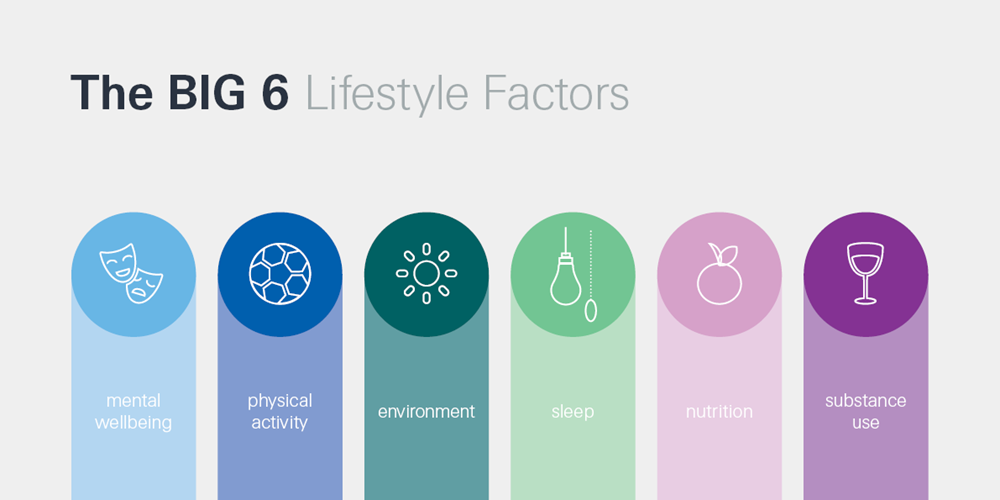
Regular exercise, a balanced diet, adequate sleep and stress management are all examples of lifestyle modifications that can improve mental health.
Why Mental Health is Important ?
Self management

Individuals can take an active role in managing their mental health by learning coping methods, mindfulness techniques and self-care practises.
It’s vital to remember that each person’s experience with mental health is unique. Some patients may have total symptom remission, while others may have periods of stability and improvement. The emphasis should be on encouraging happiness, resilience and quality of life.
Diet For Mental Health ?
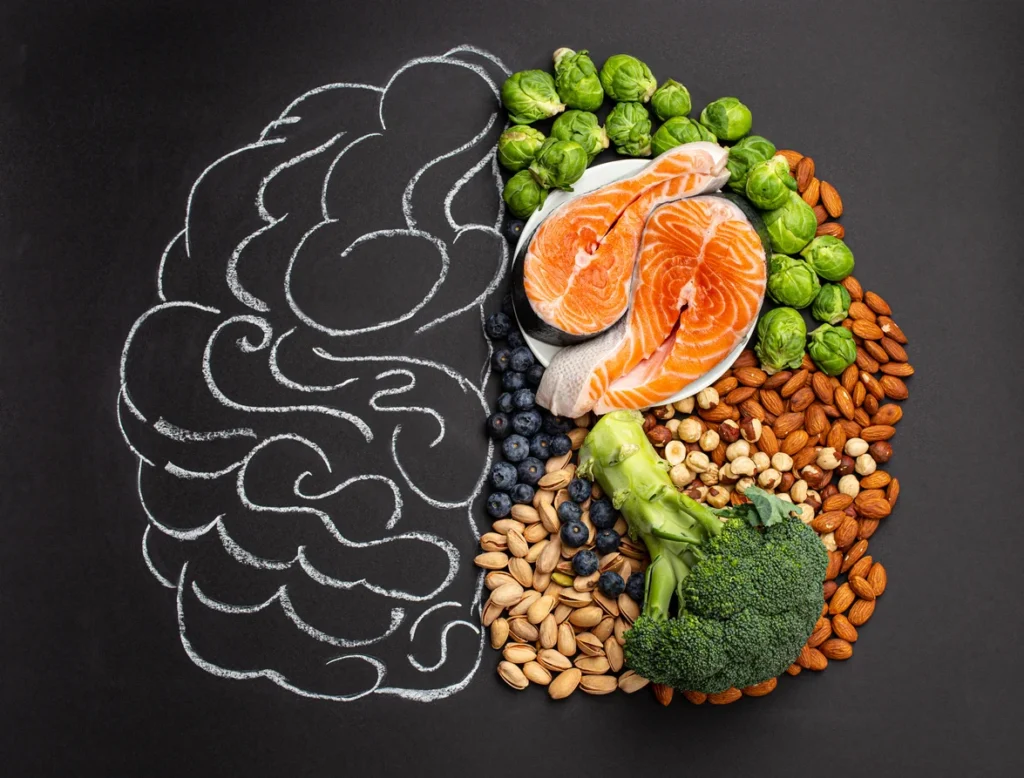
A well-balanced and healthy diet is essential for good mental health. While nutrition cannot “cure” mental health disorders, it can contribute to overall well-being and aid in the management of specific symptoms.
Eat Well-Balanced Diet

Consume a Variety of Foods from All Food Groups. Aim to consume a variety of foods from all food groups, such as fruits, vegetables, whole grains, lean proteins and healthy fats. This ensures that you acquire the nutrients you need to maintain brain health and overall bodily processes.
Omega 3 Fatty Acids

Omega-3 fatty acids, found in fatty fish (e.g., salmon, mackerel, sardines), flax seeds, chia seeds and walnuts are excellent for brain function and have been related to a lower incidence of depression and anxiety.
Why Mental Health is Important ?
Complex Carbohydrates

Instead of refined carbs, choose complex carbohydrates such as whole grains (e.g., brown rice, quinoa, oats). They give a consistent release of energy and may aid in mood and energy level stabilisation.
protein Rich Foods

Protein-Rich Foods: Protein-rich foods contain amino acids, which are required for the creation of neurotransmitters. Include lean meats, poultry, fish, eggs, dairy, legumes and plant-based proteins like tofu and tempeh in your diet.
Fruits and Vegetables

These are high in antioxidants, vitamins and minerals, which aid in the protection of the brain from oxidative stress and inflammation.
Limit Sugar and Processed Food

Limit Sugar and Processed Foods. A high sugar and processed food intake has been linked to increased inflammation and an elevated risk of mood disorders. Instead, use natural sweeteners and complete meals.
Stay Hydrated, limit caffeine and alcohol

Stay Hydrated. Dehydration can cause weariness and mood swings. Stay hydrated throughout the day. Limit Caffeine and Alcohol. Caffeine can lead to anxiety and sleep disruptions, while alcohol can have a bad impact on mood and interfere with prescriptions.
Mindful Eating
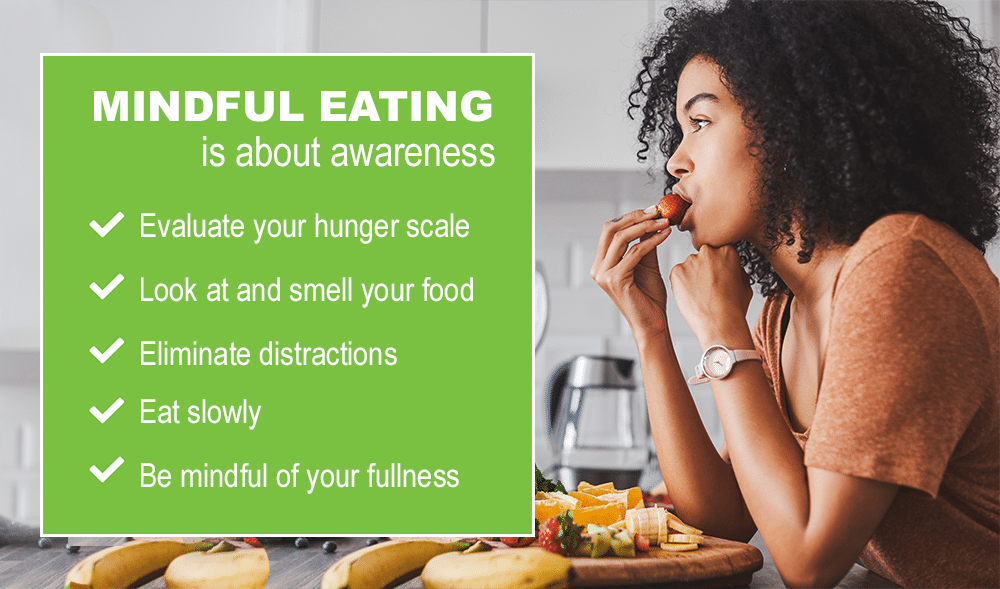
Eating mindfully is paying attention to hunger and fullness indicators and avoiding emotional eating. Mindful eating can help you develop a better relationship with food and cut back on stress-related eating.
Consider Supplements

Consider Supplements. Some people may benefit from supplements such as B-vitamins, vitamin D and magnesium, but it’s recommended to contact with a healthcare practitioner first.
Eating Regular meals and snacks

Regular Meals and Snacks. Eating regular meals and balanced snacks will help keep blood sugar levels constant and give a consistent supply of energy.
For both physical and mental well-being. Diet It plays an important role in overall functioning by providing efficient nutrients. Having the appropriate the at the right moment works more effectively.
Our bodies require food every two hours. Food division into little meals is an excellent strategy to treat both your mental and physical wellness.
Other factors that promote mental and physical health include listening to music with excitement, reading books with good knowledge, having a friend group that supports and understands you, viewing wonderful stuff on social media and so on.
Pingback: major factors contributing to mental health ?
Pingback: Master the art of mindfulness.
Pingback: 28. Develop and Improve Your Emotional Mind
Pingback: 40. anxiety and sleep: Tips for restful nights in a stressful world - healthymefityou
Pingback: the runovers - healthymefityou
Pingback: The Power of Exercise: Can It Help with Depression?
Pingback: Why teens fitness matters?
Pingback: What foods are good for your 30s?